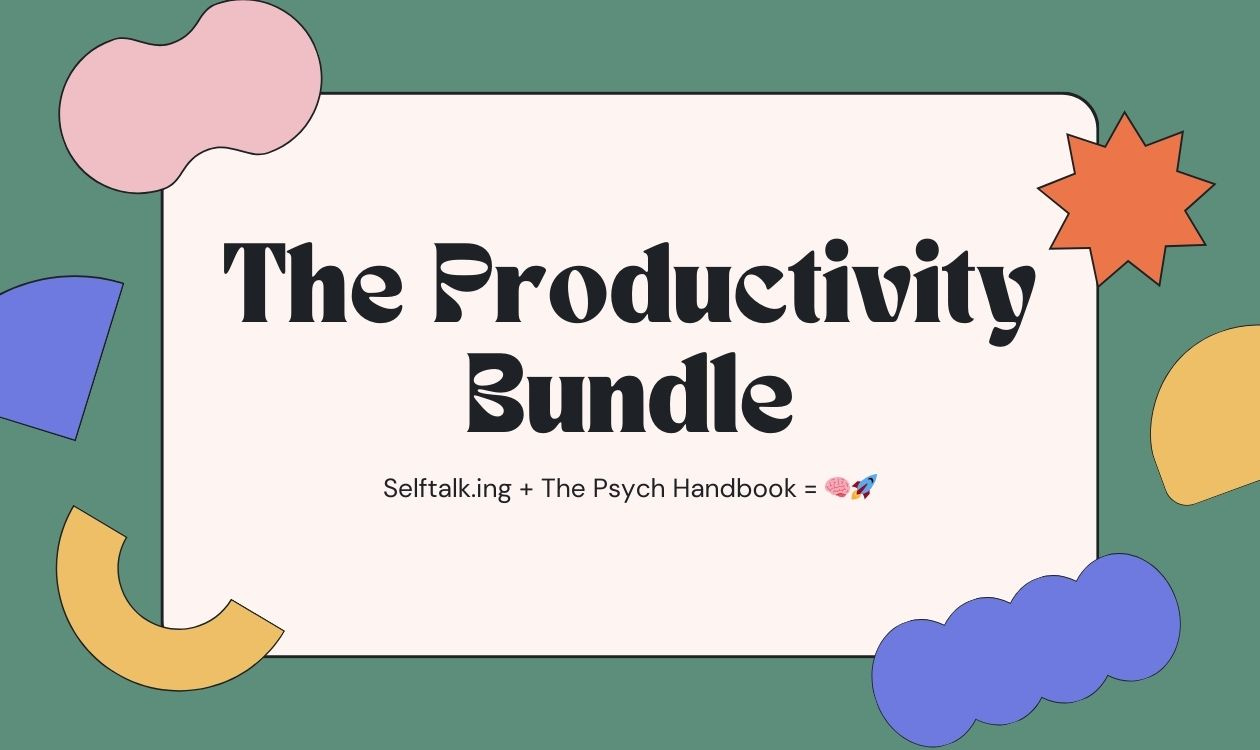Reader,
We all have friends who owe us some money, right? Let’s learn about them!
What is it?
The study reveals an interesting phenomenon: when lenders are still owed money, their desire for oversight extends beyond the loaned amount, influencing their perception of the borrower's other financial decisions.
This suggests a broader sense of entitlement and control that lenders experience.
It's intriguing how lenders exhibit greater anger when borrowers use loaned money for pleasurable experiences (hedonic spending) like vacations or entertainment, compared to practical needs (utilitarian spending) like car repairs or medical bills.
This emotional response persists even after full repayment, suggesting a deeper psychological mechanism at play.
Introducing “The Productivity Bundle” ✨
Dive into Psychology with The Psych Handbook & Crush Your Goals with Selftalk.ing.
What do I need to know?
The study highlights the unique nature of money lending compared to gifting or paying for work.
These findings imply that the act of lending money creates a distinct psychological dynamic with heightened emotions and expectations compared to other forms of financial exchange.
Further Exploration:
Several avenues for further exploration emerge from these findings. For example, it would be interesting to investigate:
Cultural influences on the psychology of borrowing and lending.
The impact of relationship dynamics (close friends vs. acquaintances) on perceived oversight.
The role of individual personality traits in shaping lender and borrower behavior.
Strategies for mitigating potential conflict through improved communication and understanding between lenders and borrowers.
Source:
https://myscp.onlinelibrary.wiley.com/doi/abs/10.1002/jcpy.1410?campaign=wolearlyview




